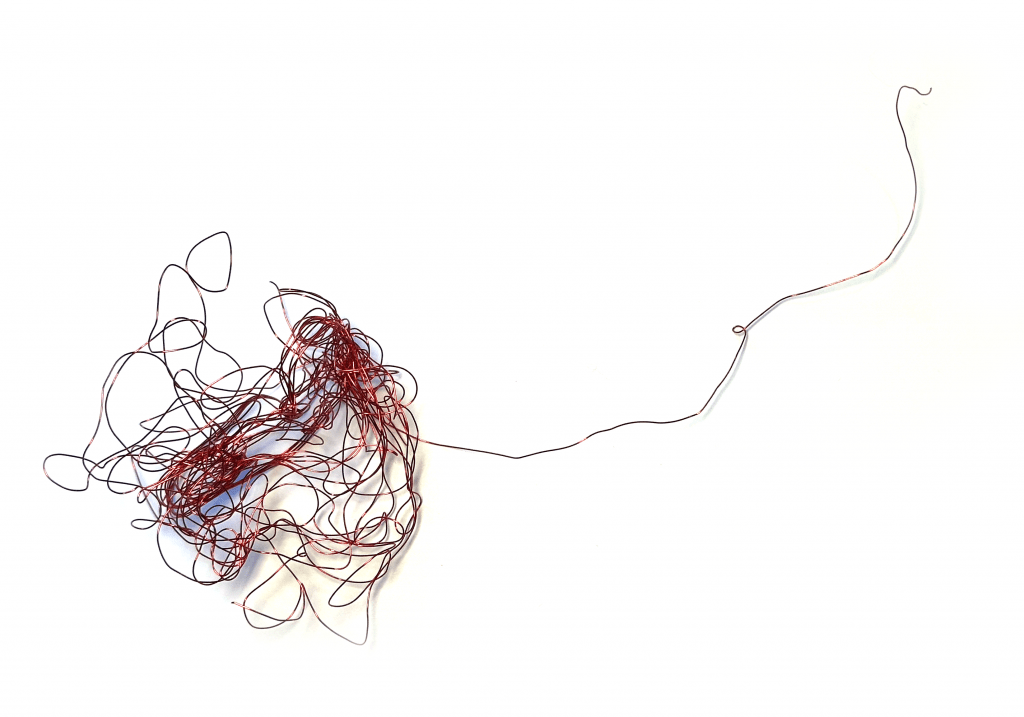
About Psychoanalytic Psychotherapy
Psychoanalytic psychotherapy and psychoanalysis are talking treatments that bring relief from suffering and enable people to reorientate their lives. While there is a large body of theory about how psychoanalysis and psychoanalytic psychotherapy work, the treatment is based on the simple invitation to speak to a therapist whatever comes to mind. From this premise an investigation of the unique complexities and subtleties of a person’s way of being, relating and desiring may unfold, gradually and in moments of surprise, offering possibilities of revelation, challenge, change and creation.
Psychoanalysis proposes that there is a ‘dynamic’ unconscious that influences us without our conscious awareness. Psychoanalysis theorises and works with the unconscious forces and processes that structure how we live in our own particular ways. It recognises that humans are not simply born but come into being at the intersection of unknown experiences whose significance is hidden from them: bodies, families, language, sex, obligations, stories, loss. Clues to the existence of these forces may appear in the margins of our minds and our speech – a thought, a trivial error, a dream – during a psychoanalytic psychotherapy.
The practice of psychoanalytic psychotherapy is based on an ever-evolving body (or perhaps more accurately a sprawling network) of theory that reaches back to the discoveries of Sigmund Freud in the late 1890s. Freud’s psychoanalysis could be considered the original form of talk therapy referred to by an early psychoanalytic patient, Bertha Pappenheim, as ‘the talking cure’.
Psychoanalysis developed in divergent currents through the twentieth century and is still evolving today. The theory in turn emanates from and is revised by clinical practice – from over a century of careful listening that has allowed therapists to sense and elucidate the realm of the unconscious, of fantasy and of the symptom. This subtle realm has been as difficult to theorise as it has been to detect. Seeking out the unrecognised stories we construct of ourselves, the images and ideals that transfix us, the logics and sentences that determine us, psychoanalytic theory sits in a surprising and rich space somewhere between science, literature and other discourses such as philosophy, anthropology, cultural studies and linguistics.
This plurality of currents, orientations and influences within psychoanalysis is something the Guild of Psychotherapists seeks to hold onto and enable to be placed in creative tension. Its members recognise that there is no singular truth and that each of the orientations of psychoanalysis has something to offer the others. This is why we offer a pluralistic training covering the major schools of psychoanalysis (Freudian, Kleinian, Object Relations, Lacanian) as well as phenomenological philosophy, Jungian analytical psychology, and engagement with questions of social context, such as the impact of racism and capitalism.
